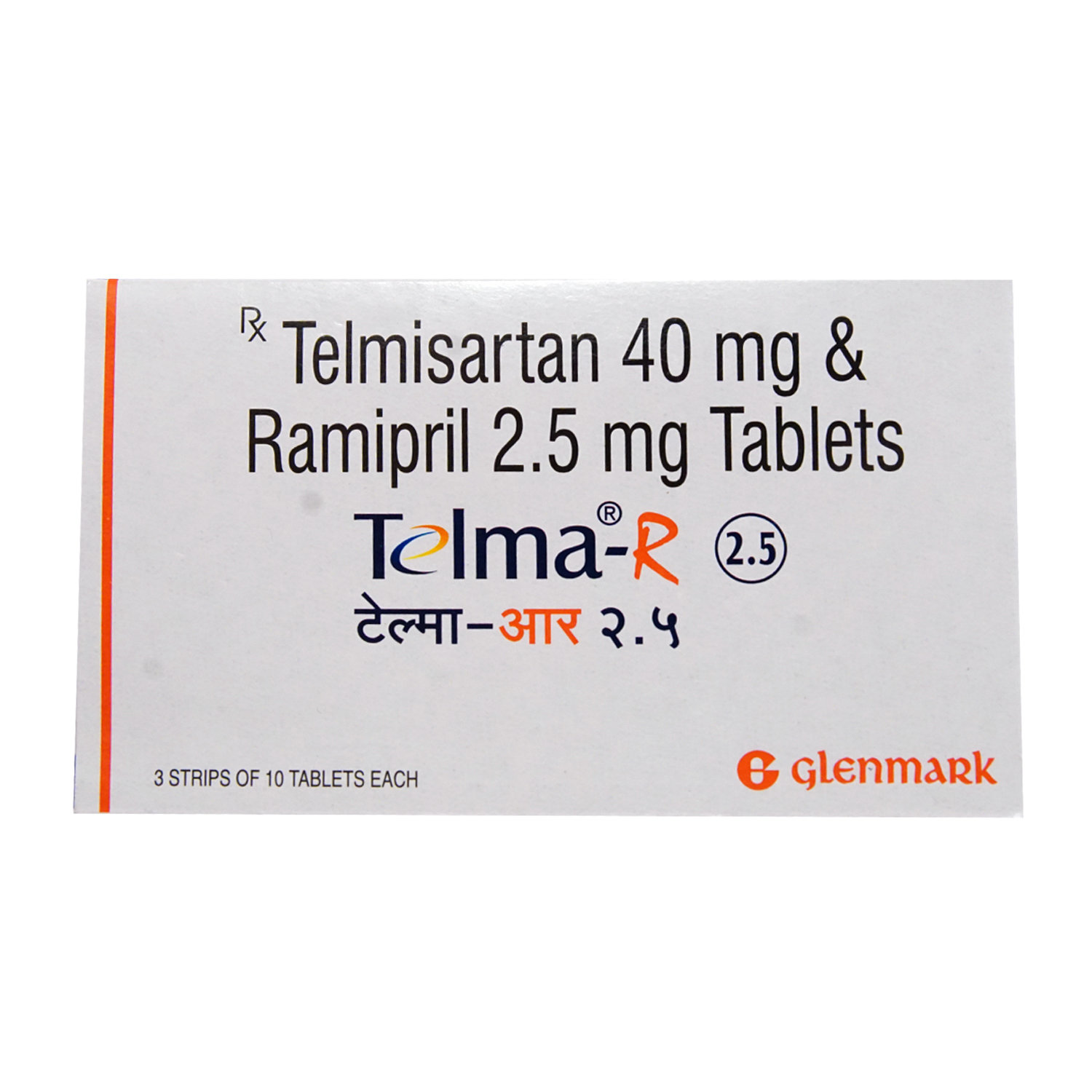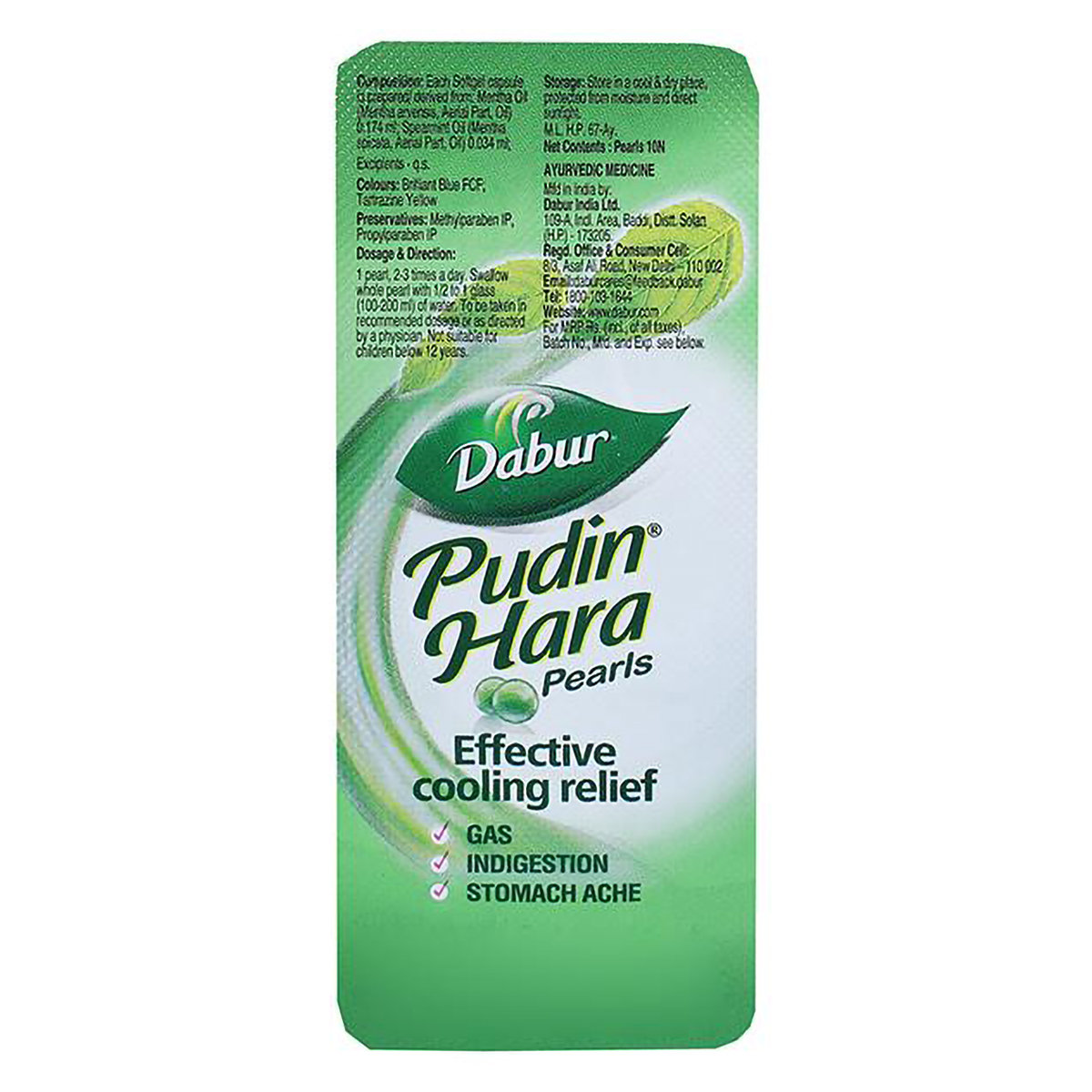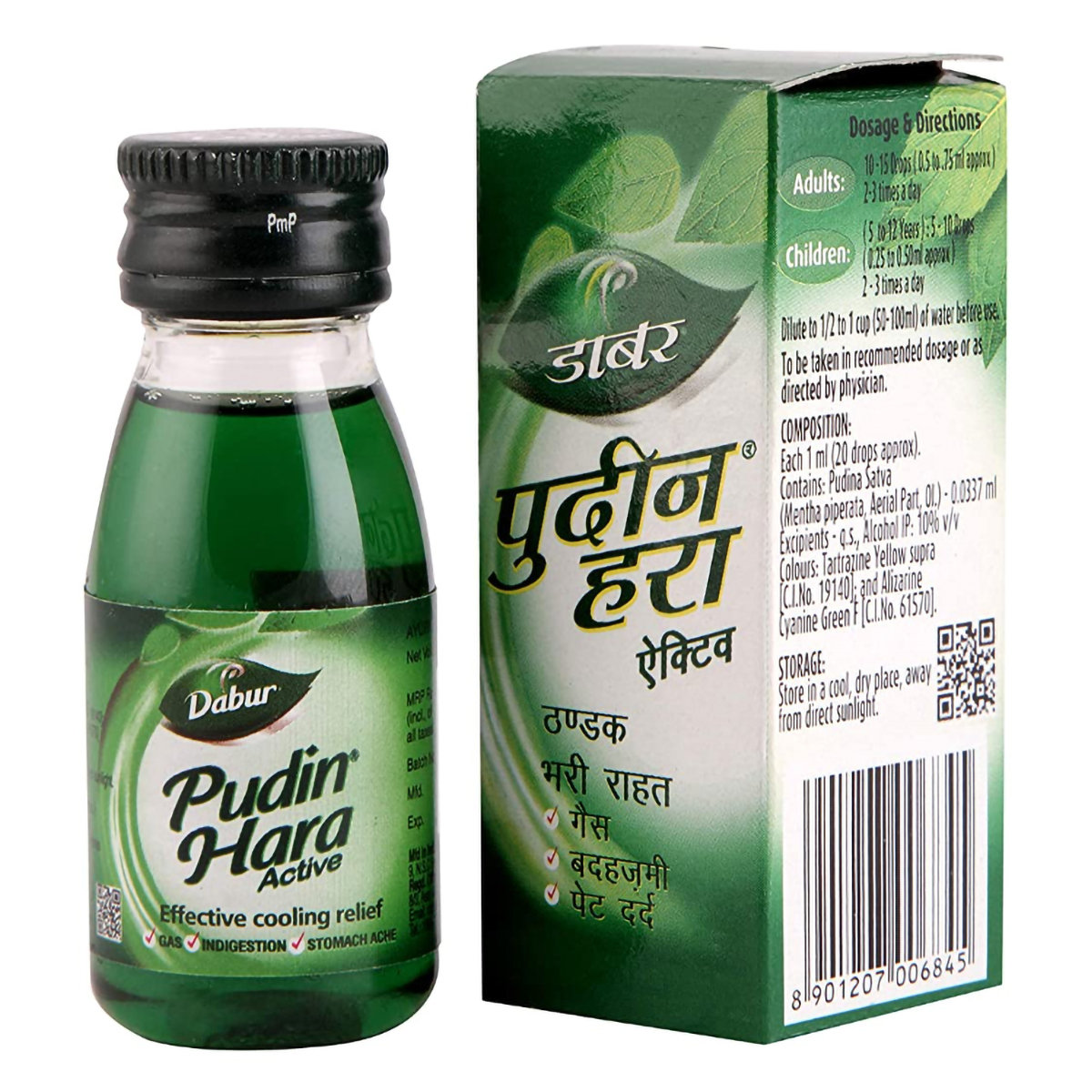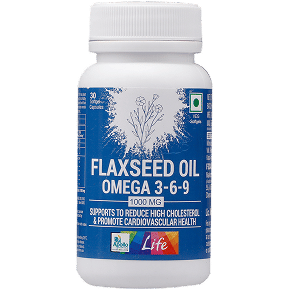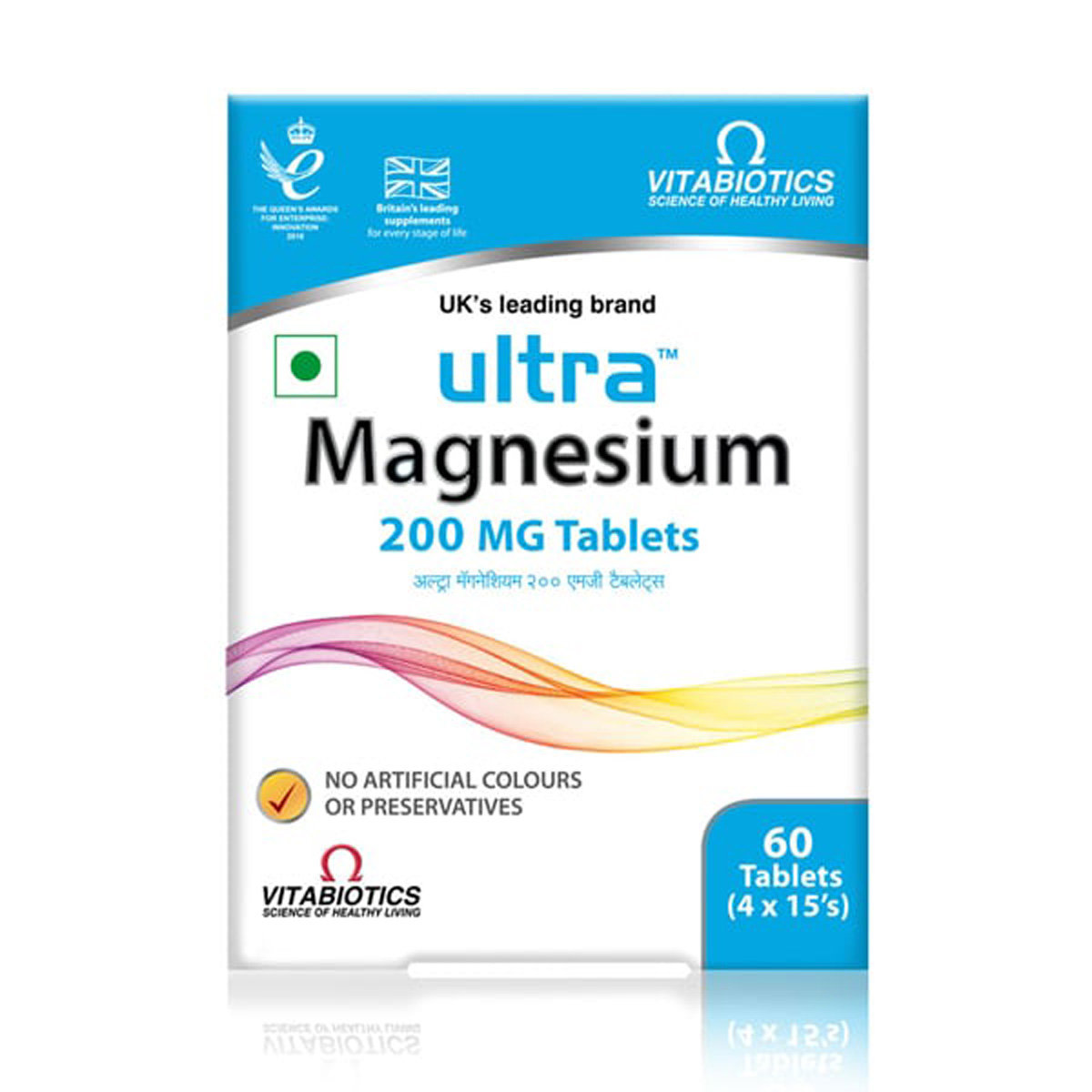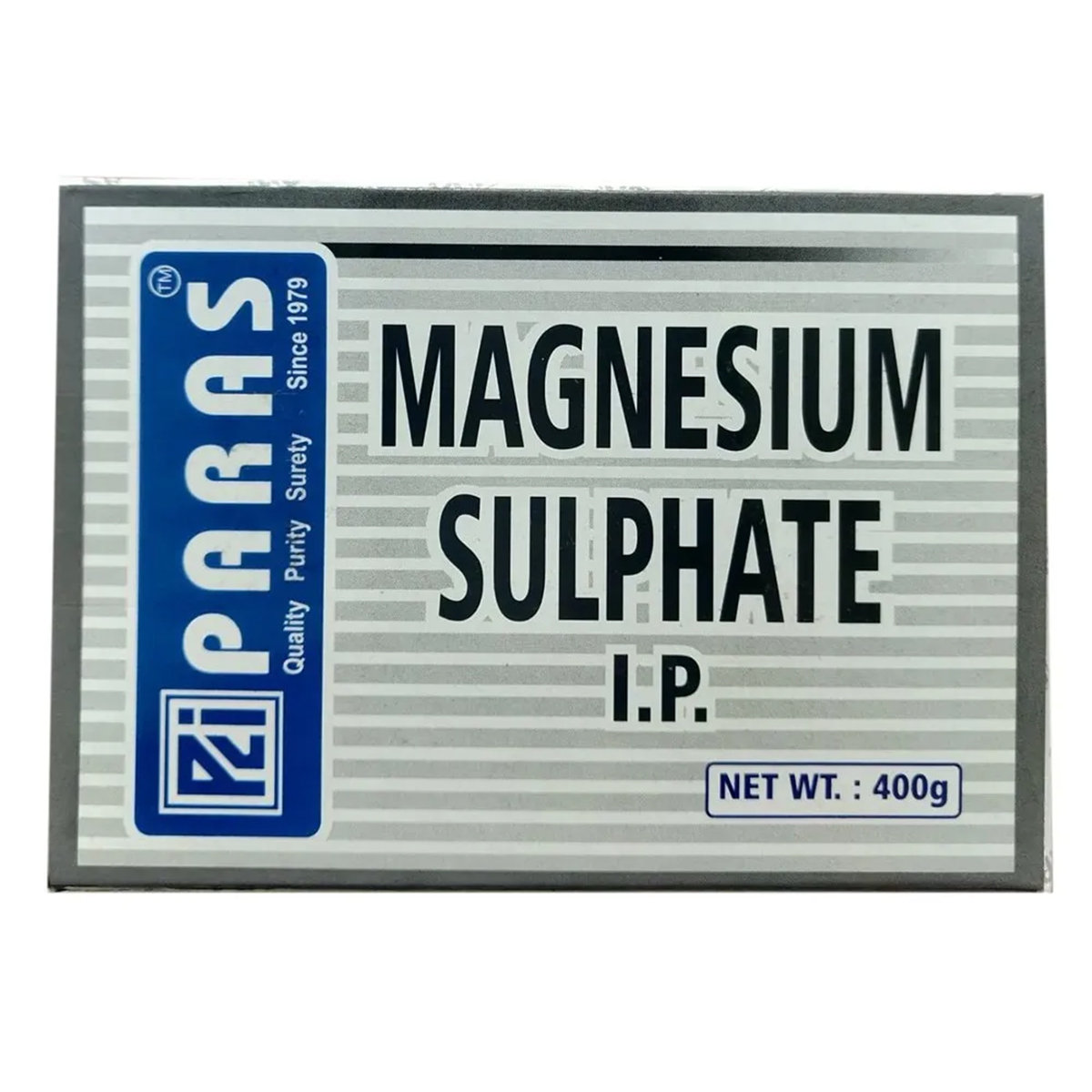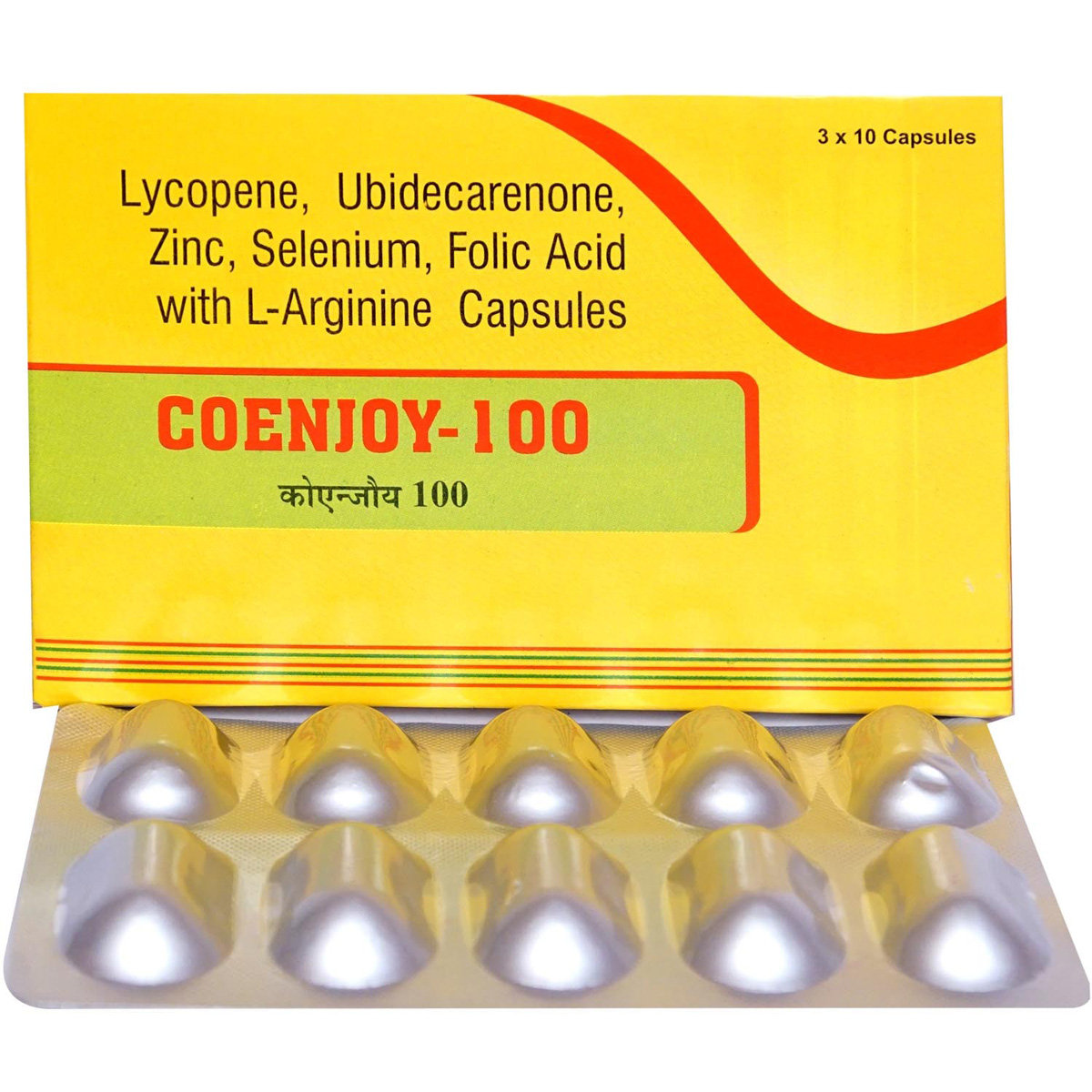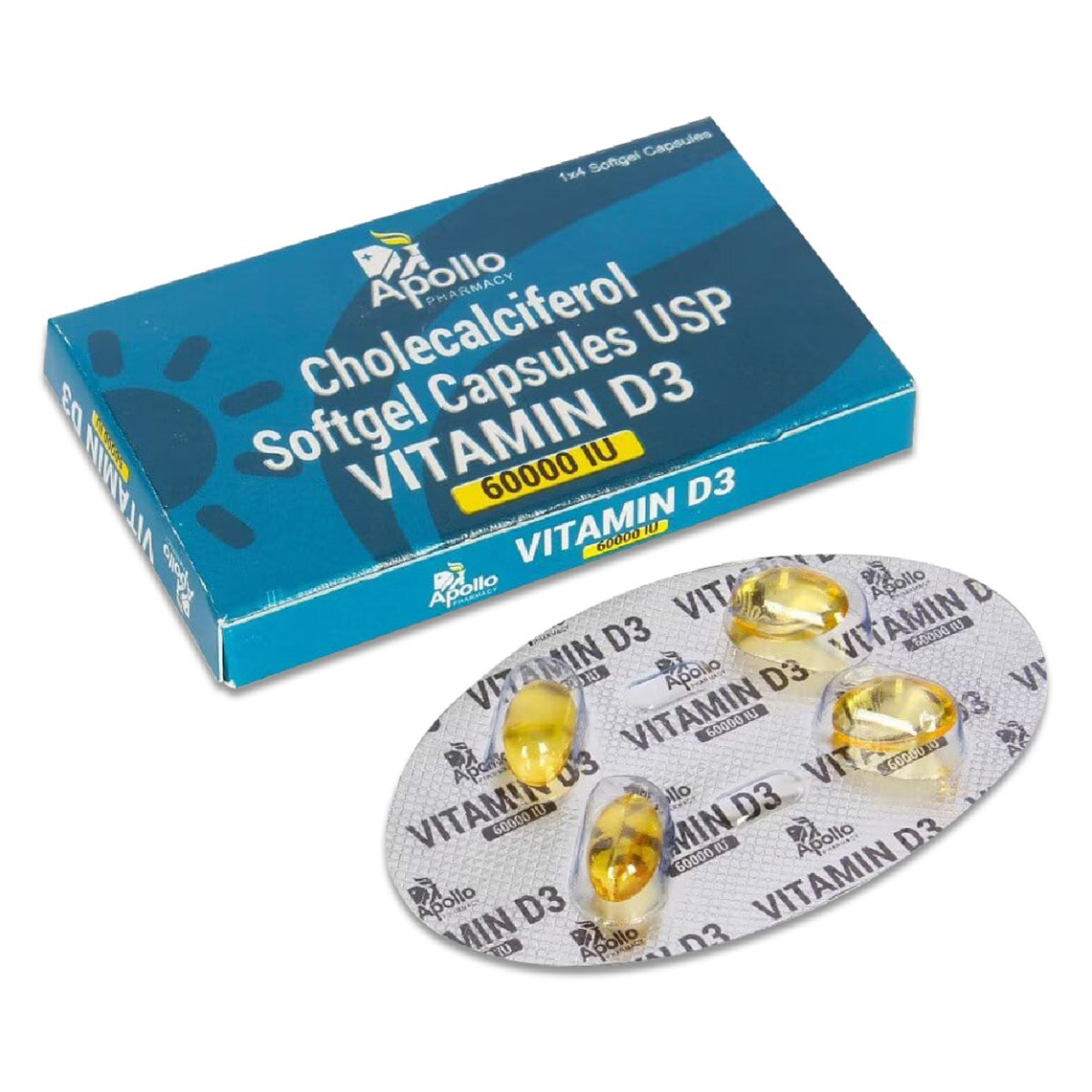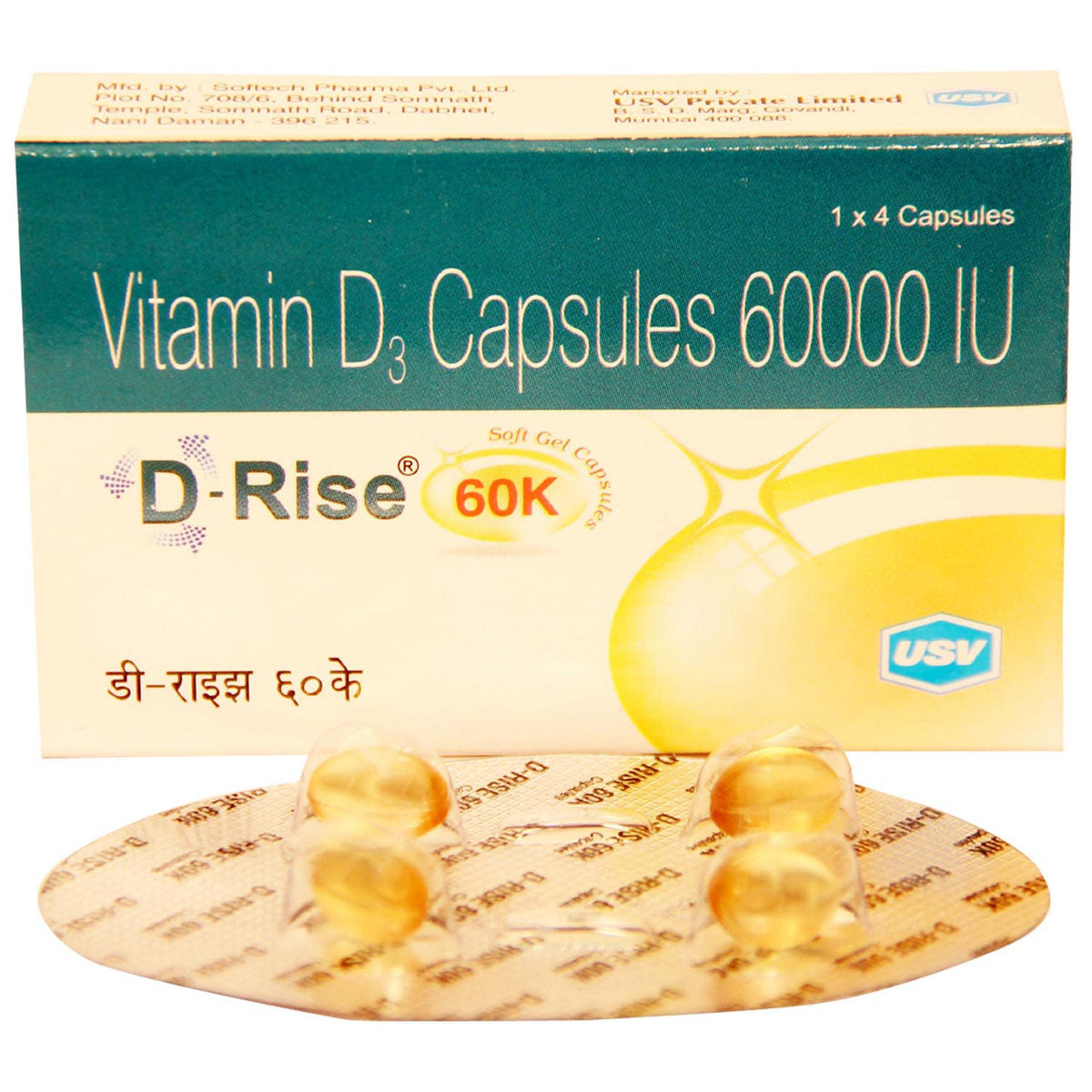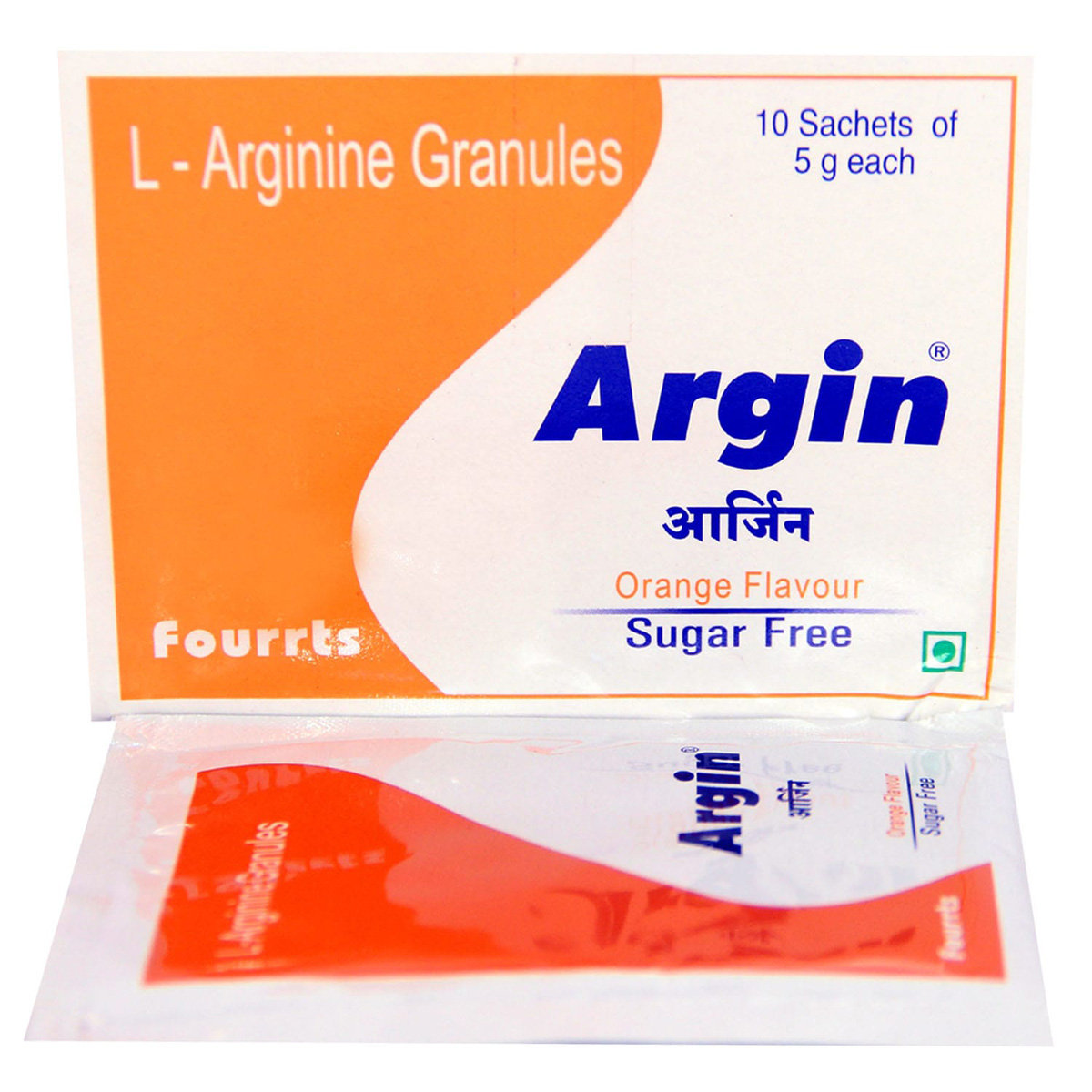Telday- R 2.5mg Tablet

MRP ₹93.1
(Inclusive of all Taxes)
₹14.0 Cashback (15%)
know your delivery time
Provide Delivery Location
Composition :
Manufacturer/Marketer :
Consume Type :
Expires on or after :
Return Policy :

Secure Payment

Trusted by 8 Crore Indians

Genuine Products
Therapeutic Class
Country of origin
Manufacturer/Marketer address
Disclaimer
Alcohol
Safe if prescribed
It is not advised to consume alcohol while taking Telday- R 2.5mg Tablet as it can increase dizziness.
Pregnancy
Consult your doctor
It is not recommended to take Telday- R 2.5mg Tablet while you are pregnant (especially during the second and third trimesters) as it may be harmful to the unborn baby. Consult your doctor before using Telday- R 2.5mg Tablet , if you are pregnant or planning for pregnancy.
Breast Feeding
Consult your doctor
It is not recommended to take Telday- R 2.5mg Tablet while you are breastfeeding as it may cause harmful effects on the nursing baby, consult your doctor before using Telday- R 2.5mg Tablet if you are a breastfeeding.
Driving
Safe if prescribed
Telday- R 2.5mg Tablet may cause dizziness, so do not drive or operate heavy machinery if you feel dizzy.
Liver
Consult your doctor
Telday- R 2.5mg Tablet should be given with caution in patients with a history of liver diseases. The dose may be adjusted by your doctor as required.
Kidney
Consult your doctor
Telday- R 2.5mg Tablet should be given with caution in patients with a history of kidney diseases. The dose may be adjusted by your doctor as required.
Children
Safe if prescribed
Telday- R 2.5mg Tablet is not recommended for use in children as the efficacy and safety have not been established.
Product Substitutes
About Telday- R 2.5mg Tablet
Telday- R 2.5mg Tablet belongs to a group of medications called ‘antihypertensives’ used in the treatment of hypertension (high blood pressure). High blood pressure is a chronic (long-term) condition in which blood pressure is elevated persistently in higher than normal levels. If left untreated, this condition can increase the risk of heart-related diseases like heart attack, heart failure, stroke, irregular heartbeat, and other complications.
Telday- R 2.5mg Tablet contains Telmisartan and Ramipril. Telmisartan is an angiotensin-II receptor blocker (ARB). Angiotensin narrows the blood vessels increasing the blood pressure, therefore blocking angiotensin can result in the widening of the narrowed blood vessels. Ramipril is an angiotensin-converting enzyme (ACE) inhibitor and works by lowering the body’s production of substances (angiotensin) that could increase blood pressure. Together, Telday- R 2.5mg Tablet allows the blood to flow more smoothly in the blood vessels.
Take Telday- R 2.5mg Tablet exactly as prescribed. Telday- R 2.5mg Tablet may cause side effects such as sinus pain and congestion, back pain, dizziness, hypotension (abnormally low blood pressure), especially when you stand or sit up quickly, dry cough, weakness, stomach pain, diarrhea, indigestion, feeling or being sick, skin rash, chest pain, muscle cramps and hyperkalemia (increased potassium levels in the blood). Inform your doctor immediately, if any of these side effects persist or get worse.
It is not recommended to take Telday- R 2.5mg Tablet if you are allergic to any contents of it. Before taking Telday- R 2.5mg Tablet , inform your doctor if you have any liver, kidney or heart problems, angioedema (serious allergic reaction), renal artery stenosis (a kidney problem in which blood supply to the kidney is reduced), severe hypotension (abnormally low blood pressure), atherosclerosis (obstruction of blood flow due to presence of clots) and diabetic kidney disease. It is also not recommended for use in children, and pregnant and breastfeeding women. The dose may have to be adjusted in elderly people. It is not advised to consume alcohol as it can increase dizziness. Telday- R 2.5mg Tablet may cause dizziness, so do not drive or operate heavy machinery if you feel dizzy.
Uses of Telday- R 2.5mg Tablet
Medicinal Benefits Mweb
Key Benefits
Telday- R 2.5mg Tablet is used in the treatment of hypertension and essential hypertension (that doesn't have an identifiable cause). It works by lowering the body’s production of substances that could increase blood pressure and also widens narrowed blood vessels. It allows the blood to flow more smoothly in the blood vessels. It can reduce the risk of heart failure, stroke and delay worsening of kidney problems. It can also be given as a treatment for chronic heart failure.
Directions for Use
Side Effects of Telday- R 2.5mg Tablet
- Back pain
- Sinus pain and congestion
- Dizziness
- Hypotension (abnormally low blood pressure), especially when you stand or sit up quickly
- Dry cough
- Weakness
- Stomach pain
- Diarrhea
- Indigestion
- Feeling or being sick
- Skin rash
- Chest pain
- Muscle cramps
- Hyperkalemia (increased potassium levels in the blood)
Drug Warnings
Telday- R 2.5mg Tablet may cause hypotension (low blood pressure) and result in dizziness or fainting. The risk is high in patients who are taking water pills, are on a low-sodium diet, undergoing dialysis treatment, have heart problems and suffering from severe vomiting and diarrhea. Regularly check your blood pressure levels to avoid any risk. Telday- R 2.5mg Tablet may affect kidney function and alter kidney test results. So, it should be used with caution in patients with kidney diseases. If you notice swelling in the hands, feet or ankles, inform your doctor immediately as it can be a sign of kidney problems. Telday- R 2.5mg Tablet should also be used with caution in patients who are taking treatment for allergy, have hyperkalemia (high potassium levels), have adrenal gland problems and have systemic lupus erythematosus (a skin disease).
Drug-Drug Interactions
Drug-Drug Interactions
Login/Sign Up
Co-administration of Aliskiren with Telday- R 2.5mg Tablet can increase the risk of hyperkalemia (high potassium levels in the blood).
How to manage the interaction:
Taking Telday- R 2.5mg Tablet with Aliskiren can possibly lead to an interaction, please consult a doctor before taking it. Do not discontinue the medications without consulting a doctor.
Taking aliskiren together with Telday- R 2.5mg Tablet may increase the risk of serious side effects such as kidney problems, low blood pressure, and high potassium levels in the blood. High levels of potassium can develop into a condition known as hyperkalemia, which in severe cases can lead to kidney problems, muscle paralysis and irregular heart rhythm.
How to manage the interaction:
Taking Telday- R 2.5mg Tablet with Aliskiren is not recommended, but can be taken if prescribed by a doctor. However, consult your doctor if you feel nausea, vomiting, weakness, confusion, tingling in the hands and feet, a sensation of heaviness in the legs, a weak pulse, or a slow or irregular heartbeat. You must drink enough fluids while taking these medications. It is advised to reduce the intake of foods high in potassium, including tomatoes, raisins, figs, potatoes, lima beans, bananas, plantains, papayas, pears, cantaloupes, mangoes. Do not discontinue any medications without a doctor's advice.
Co-administration of Telday- R 2.5mg Tablet may significantly increase the blood levels of lithium.
How to manage the interaction:
Although there is a possible interaction, Telday- R 2.5mg Tablet can be taken with lithium if prescribed by the doctor. Consult the prescriber if you experience symptoms of lithium intoxication such as drowsiness, dizziness, confusion, loose stools, vomiting, muscle weakness, muscle incoordination, shaking of hands and legs, blurred vision, ringing in the ear, excessive thirst, or increased urination. Do not discontinue the medication without consulting a doctor.
Co-administration of Potassium acetate can make Telday- R 2.5mg Tablet more likely to cause high levels of potassium in the blood.
How to manage the interaction:
Although taking Potassium acetate and Telday- R 2.5mg Tablet together can evidently cause an interaction, it can be taken if your doctor has suggested it. Do not stop using any medications without a doctor's advice.
Taking ramipril with Telday- R 2.5mg Tablet may increase the risk of side effects such as low blood pressure, kidney function impairment, and high blood potassium.
How to manage the interaction:
Although there is a possible interaction, Telday- R 2.5mg Tablet can be taken with ramipril if prescribed by the doctor. Consult the prescriber if you experience symptoms of high potassium such as nausea, vomiting, weakness, confusion, tingling of the hands and feet, feelings of heaviness in the legs, a weak pulse, or a slow or irregular heartbeat. Maintain adequate fluid intake during treatment with these medications. Do not discontinue the medications without consulting a doctor.
Taking Potassium citrate with Telday- R 2.5mg Tablet together may increase potassium levels in the blood, which can lead to kidney failure, muscular paralysis, and abnormal heart rhythm.
How to manage the interaction:
Although taking Potassium citrate with Telday- R 2.5mg Tablet together can possibly result in an interaction, it can be taken if a doctor has advised it. However, consult the doctor if you experience nausea, vomiting, weakness, disorientation, tingling in your hands and feet, feelings of heaviness in your legs, a weak pulse, or a slow or irregular heartbeat. It is essential to maintain proper fluid intake while taking these medications. It is advised to reduce the intake of potassium-rich foods. Do not discontinue any medications without a doctor's advice.
Taking Potassium Iodide with Telday- R 2.5mg Tablet can make high levels of potassium in the blood more likely.
How to manage the interaction:
Although taking Potassium iodide and Telday- R 2.5mg Tablet together can evidently cause an interaction, it can be taken if your doctor has suggested it. Do not stop using any medications without a doctor's advice.
Taking lisinopril with Telday- R 2.5mg Tablet may increase the levels of potassium in blood.
How to manage the interaction:
Although there is a possible interaction, Telday- R 2.5mg Tablet can be taken with lisinopril if prescribed by the doctor. Consult the prescriber if you experience symptoms of high potassium such as nausea, vomiting, weakness, confusion, tingling of the hands and feet, feelings of heaviness in the legs, a weak pulse, or a slow or irregular heartbeat. Maintain adequate fluid intake during treatment with these medications.
Taking spironolactone with Telday- R 2.5mg Tablet may increase potassium levels in the blood.
How to manage the interaction:
Although there is a possible interaction, Telday- R 2.5mg Tablet can be taken with spironolactone if prescribed by the doctor. Consult the prescriber if you experience symptoms of high potassium such as nausea, vomiting, weakness, confusion, tingling of the hands and feet, feelings of heaviness in the legs, a weak pulse, or a slow or irregular heartbeat. Maintain adequate fluid intake during treatment with these medications. Do not discontinue the medications without consulting a doctor.
Coadministration of enalapril with Telday- R 2.5mg Tablet may increase the risk of hyperkalemia (high potassium levels in the blood), hypotension, syncope (fainting), and renal failure due to additive or synergistic effects. If you are elderly, dehydrated, or have a history of renal or heart illness, your risk is enhanced.
How to manage the interaction:
Although taking Enalapril together with Telday- R 2.5mg Tablet may possibly result in an interaction, they can be taken together if prescribed by your doctor. However, contact your doctor immediately if you experience signs and symptoms of hyperkalemia, such as nausea, vomiting, confusion, numbness, tingling in hands and feet, and irregular heartbeat. It is advised to limit the intake of potassium-rich foods like tomatoes, bananas, papayas, mangoes, beans, and potassium-containing supplements. Do not discontinue any medication without consulting your doctor.
Drug-Food Interactions
Drug-Food Interactions
Login/Sign Up
Drug-Diseases Interactions
Drug-Diseases Interactions
Login/Sign Up
Drug-Drug Interactions Checker List
- IBUPROFEN
- INDOMETHACIN
- ASPIRIN
- EPHEDRINE
- NORADRENALINE
- SACUBITRIL+VALSARTAN
- CICLOSPORIN
- SIROLIMUS
- EVEROLIMUS
- FUROSEMIDE
- SPIRONOLACTONE
- TRIAMTERENE
- AMILORIDE
- TRIMETHOPRIM
- TRIMETHOPRIM+SULFAMETHOXAZOLE
- HEPARIN
- PREDNISOLONE
- ALLOPURINOL
- PROCAINAMIDE
- TEMSIROLIMUS
- COTRIMOXAZOLE
- VIDAGLIPTIN
- INSULIN
- RACECADOTRIL
- ALISKIREN
- DIGOXIN
- LITHIUM
Habit Forming
Special Advise
- Telday- R 2.5mg Tablet may cause acute renal failure (kidney dysfunction), so it is not recommended for use in patients with severe kidney damage, atherosclerosis (obstruction of blood flow due to the presence of clots), and diabetes with end-organ damage (damage occurring in major organs such as heart, kidney, eyes, and brain).
- Inform your doctor before undergoing any surgery or dental procedure that you are taking Telday- R 2.5mg Tablet as it is recommended to stop this medicine one day before the procedures.
- Monitor your blood pressure regularly while using Telday- R 2.5mg Tablet to make sure it is working properly.
- Your doctor may also monitor glucose levels, kidney function, and electrolyte levels at regular intervals during the treatment with Telday- R 2.5mg Tablet .
- You should not discontinue using Telday- R 2.5mg Tablet without consulting your doctor.
Diet & Lifestyle Advise
- Keep your weight under control with a body mass index (BMI) of 19.5-24.9.
- Do regular physical activity or exercise for at least 150 minutes per week, or about 30 minutes most days of the week. Doing this can help you to lower your raised blood pressure by about 5 mm of Hg.
- Limit intake of sodium chloride (table salt) in your daily diet to 2300 mg per day or less than 1500 mg is ideal for most adults.
- Limit alcohol intake. One serving for women and two servings for men is advisable.
- Quit smoking as it is the best strategy to lower the risk of heart disease.
- Avoid chronic stress as it can raise your blood pressure. Try to enjoy and spent time with your loved ones to cope with stress and practice mindfulness techniques.
- Monitor your blood pressure daily and if there is too much fluctuation, then immediately contact your doctor.
- Try to include heart-healthy omega-3 fatty acids containing food and drinks in your daily diet. You can also use low-fat cooking oil like olive oil, soybean oil, canola oil, and coconut oil to lower your elevated blood pressure.
All Substitutes & Brand Comparisons
RX
Out of StockTeli R 40 mg/2.5 mg Tablet
Cadila Pharmaceuticals Ltd
₹69
(₹6.21 per unit)
25% CHEAPERRX
Out of StockTilan R 40mg/2.5mg Tablet
Psyco Remedies Ltd
₹75
(₹6.75 per unit)
19% CHEAPERRX
Out of StockTelminorm R Tablet 10's
Ipca Laboratories Ltd
₹78
(₹7.02 per unit)
16% CHEAPER
Buy best Cardiology products by
Torrent Pharmaceuticals Ltd
Sun Pharmaceutical Industries Ltd
Lupin Ltd
Intas Pharmaceuticals Ltd
Cipla Ltd
Micro Labs Ltd
Macleods Pharmaceuticals Ltd
Abbott India Ltd
Ajanta Pharma Ltd
Ipca Laboratories Ltd
Eris Life Sciences Ltd
Mankind Pharma Pvt Ltd
Lloyd Healthcare Pvt Ltd
Dr Reddy's Laboratories Ltd
Glenmark Pharmaceuticals Ltd
Emcure Pharmaceuticals Ltd
Alembic Pharmaceuticals Ltd
Alkem Laboratories Ltd
East West Pharma India Pvt Ltd
USV Pvt Ltd
Zydus Healthcare Ltd
Aristo Pharmaceuticals Pvt Ltd
Elbrit Life Sciences Pvt Ltd
J B Chemicals & Pharmaceuticals Ltd
Zydus Cadila
Akumentis Healthcare Ltd
Alteus Biogenics Pvt Ltd
Hbc Life Sciences Pvt Ltd
Fusion Health Care Pvt Ltd
Troikaa Pharmaceuticals Ltd
La Renon Healthcare Pvt Ltd
Corona Remedies Pvt Ltd
Jubilant Lifesciences Ltd
Medley Pharmaceuticals Ltd
Knoll Healthcare Pvt Ltd
Msn Laboratories Pvt Ltd
Zuventus Healthcare Ltd
Cadila Pharmaceuticals Ltd
Blue Cross Laboratories Pvt Ltd
Lividus Pharmaceuticals Pvt Ltd
Morepen Laboratories Ltd
Ranmarc Labs
Shrrishti Health Care Products Pvt Ltd
Sanofi India Ltd
Steris Healthcare
Elder Pharmaceuticals Ltd
Primus Remedies Pvt Ltd
Unison Pharmaceuticals Pvt Ltd
Eswar Therapeutics Pvt Ltd
Knoll Pharmaceuticals Ltd
Tas Med India Pvt Ltd
Systopic Laboratories Pvt Ltd
Indiabulls Pharmaceuticals Pvt Ltd
Leeford Healthcare Ltd
Sinsan Pharmaceuticals Pvt Ltd
Biochem Pharmaceutical Industries Ltd
Cadila Healthcare Ltd
Azkka Pharmaceuticals Pvt Ltd
Nirvana India Pvt Ltd
Orsim Pharma
Prevego Healthcare & Research Pvt Ltd
Econ Healthcare
Elinor Pharmaceuticals (P) Ltd
FDC Ltd
Sunij Pharma Pvt Ltd
Nicholas Piramal India Ltd
Astra Zeneca Pharma India Ltd
Pfizer Ltd
Lia Life Sciences Pvt Ltd
Shine Pharmaceuticals Ltd
Elicad Pharmaceuticals Pvt Ltd
Indoco Remedies Ltd
Proqol Health Care Pvt Ltd
Vasu Organics Pvt Ltd
Biocon Ltd
Opsis Care Lifesciences Pvt Ltd
Johnlee Pharmaceuticals Pvt Ltd
Merck Ltd
Wockhardt Ltd
Auspharma Pvt Ltd
Ergos Life Sciences Pvt Ltd
Lakshya Life Sciences Pvt Ltd
Ordain Health Care Global Pvt Ltd
Pficus De Med Pvt Ltd
ALICAN PHARMACEUTICAL PVT LTD
RPG Life Sciences Ltd
Glynis Pharmaceuticals Pvt Ltd
Orris Pharmaceuticals
Samarth Life Sciences Pvt Ltd
Aprica Pharmaceuticals Pvt Ltd
Aretaeus Pharmaceuticals Pvt Ltd
Koye Pharmaceuticals Pvt Ltd
Neocardiab Care
Retra Life Science Pvt Ltd
Alniche Life Sciences Pvt Ltd
Alvio Pharmaceuticals Pvt Ltd
Arkas Pharma Pvt Ltd
Atos Lifesciences Pvt Ltd
Divine Savior Pvt Ltd
Metalis Lifesciences Pvt Ltd
Frequently Bought Together

